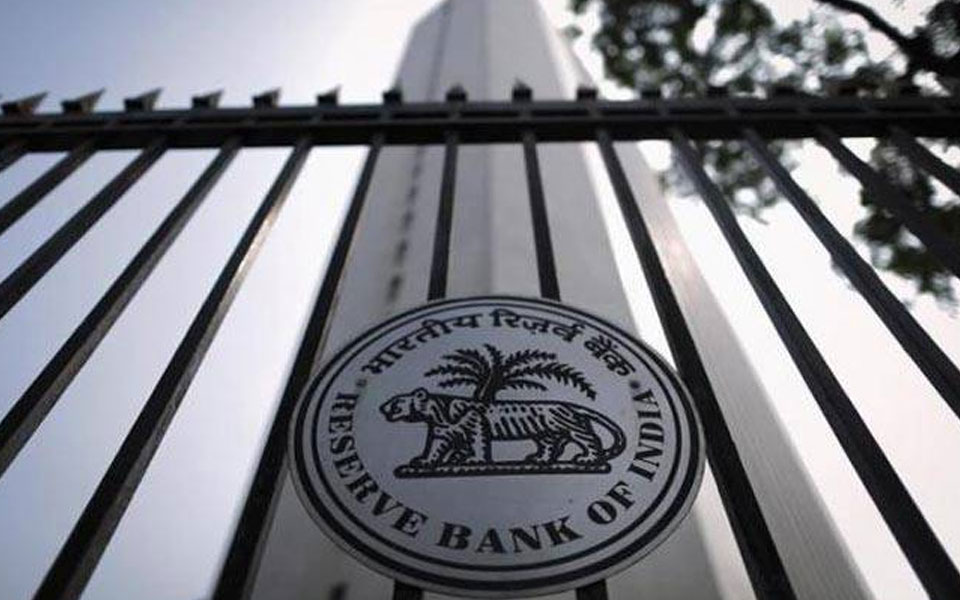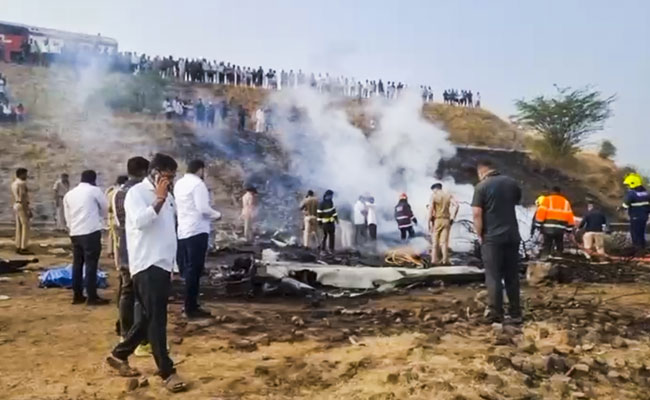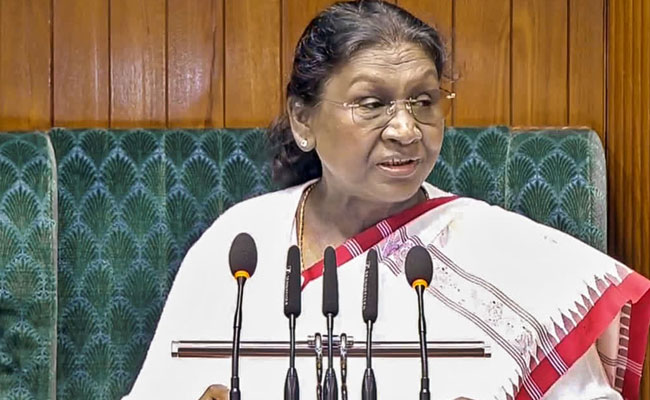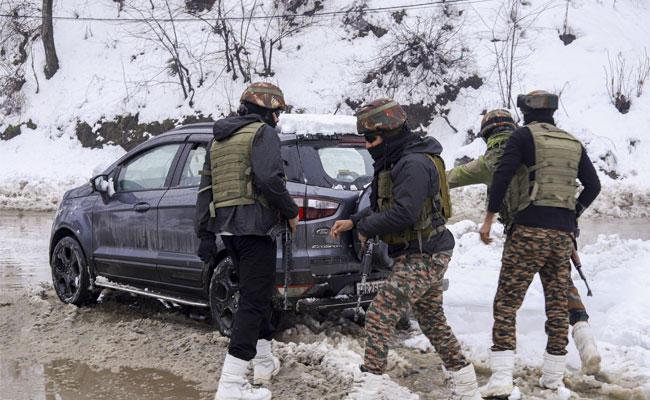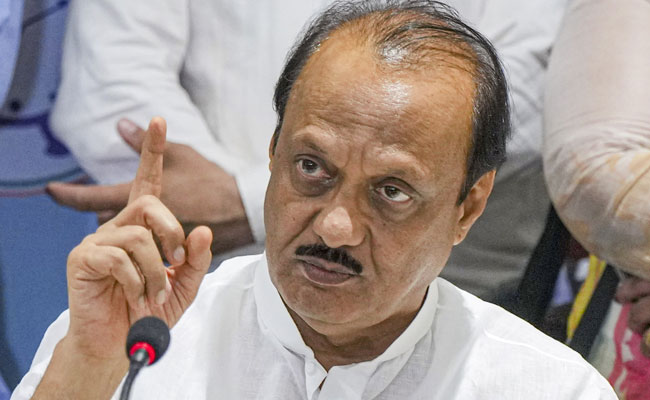The interference of the government in RBI had come to discussion when a massive decision such as demonetisation was taken unilaterally without including the latter in the process. Experts had perceived problems when Urjit Patel was brought in as a replacement to Raghuram Rajan, as the head of RBI. Corporate powers began to interfere with RBI after Modi became the Prime Minister. Now the tussle between RBI and Central government has reached its peak. Rumours are strife that Urjit Patel may resign from his post any moment. At a time when India's economy situation is not very bright, a problem like this can affect the country's future a large extent. Corporate powers that are close to Modi are being blamed for this situation country is facing right now.
RBI has laid down certain restrictions to weak banks in the recent times regarding disbursal of loans and the government is not too happy with this. The centre is forcing the RBI to remove those restrictions and disburse loan more freely. the government wants compulsive defaulters who are also its friends to get more loans despite having raised a lot of loans and not repaid them. This will help them escape the bankruptcy declaration process as per the circular issued by the RBI on Feb 12, 2018. The friends of powers that be, owe banks more than Rs 4 lakh crore. Companies such as Adani Group, Essar. TATA and others will get a fresh lease of life for their power projects despite owing the banks more than Rs one lakh crore collectively.
According to economists, these projects would have massive impact on our collective future. The govt is ready to invoke section 7 of RBI policy that has never been used earlier to make this happen. This is a blatant attempt to secure more loans despite being wilful defaulters and yet refuse to take responsibility for their actions. This move is to ensure that these companies turn into big donors for the upcoming elections to BJP. On the surface it is very clear that the BJP can compromise on country's economy for the sake of winning elections and staying in power. Modi government has to answer as to why only a certain selected corporate players are being treated more specially than the others ignoring the circular issued by the RBI in February.
Is the government trying to stop the process of defaulters who owe the banks huge amounts of money, from entering the process of bankruptcy declaration as per the RBI's decision. Law applies differently to friends of the powers that be, and the does. Some vested interests ensured Raghuram Rajan wouldn't be appointed as the RBI governor for the second term so that they could have a free run on policies regarding loans and related issues. Their main grouse against Rajan was that he had sent a list of politically strong defaulters having used the loans they had raised for purposes other than whatever they had mentioned they were raising it for. Rajan had sought that action be initiated against them. Despite many reminders, the government had refused to act. This fact is out in the open through an RTI application that sought to know what had the government done to contain the damage. A webportal has reported regarding this issue.
RBI will be deemed weak should the government invoke section 7 against the institution. All the measures initiated by the RBI to bring defaulters to book would be questioned by people. In view of all this, if Urjit Patel resigns, India would turn into a laughing stock before the global investors. Our economic system would turn upside down with this. The government is aware of this. Hence issues of Ram Mandir and Shivaji statue are being brought up for discussion now distract people from core focus. This may win elections for BJP but the country will plunge into darkness on the economic front. The government has clearly set out to gamble with RBI at the cost of country's future, to win elections and stay in power.
Let the Truth be known. If you read VB and like VB, please be a VB Supporter and Help us deliver the Truth to one and all.
Hyderabad (PTI): The Aircraft Accident Investigation Bureau (AAIB) will probe the plane crash at Baramati airport that killed Maharashtra Deputy Chief Minister Ajit Pawar and four others on Wednesday.
The Learjet 46, operated by Delhi-based VSR Ventures, crash-landed at the airport. There were five people onboard, including the crew members, according to the aviation regulator DGCA.
A senior official told PTI that the AAIB will be visiting the crash site and it will be investigating the accident.
AAIB is responsible for classifying safety occurrences involving aircraft operating in Indian airspace as accidents, serious incidents, or incidents. It carries out detailed investigations into accidents and also suggests measures to improve safety.

